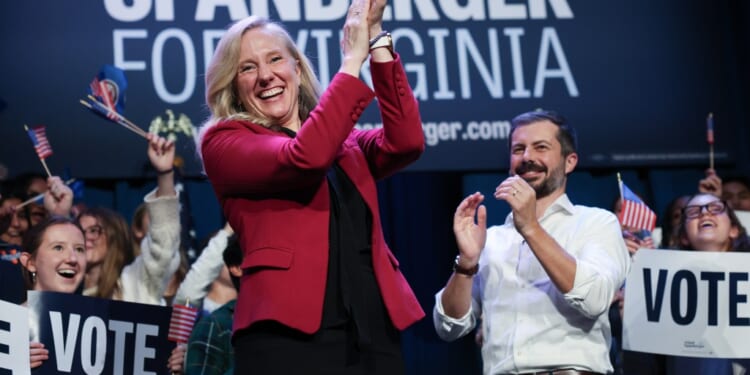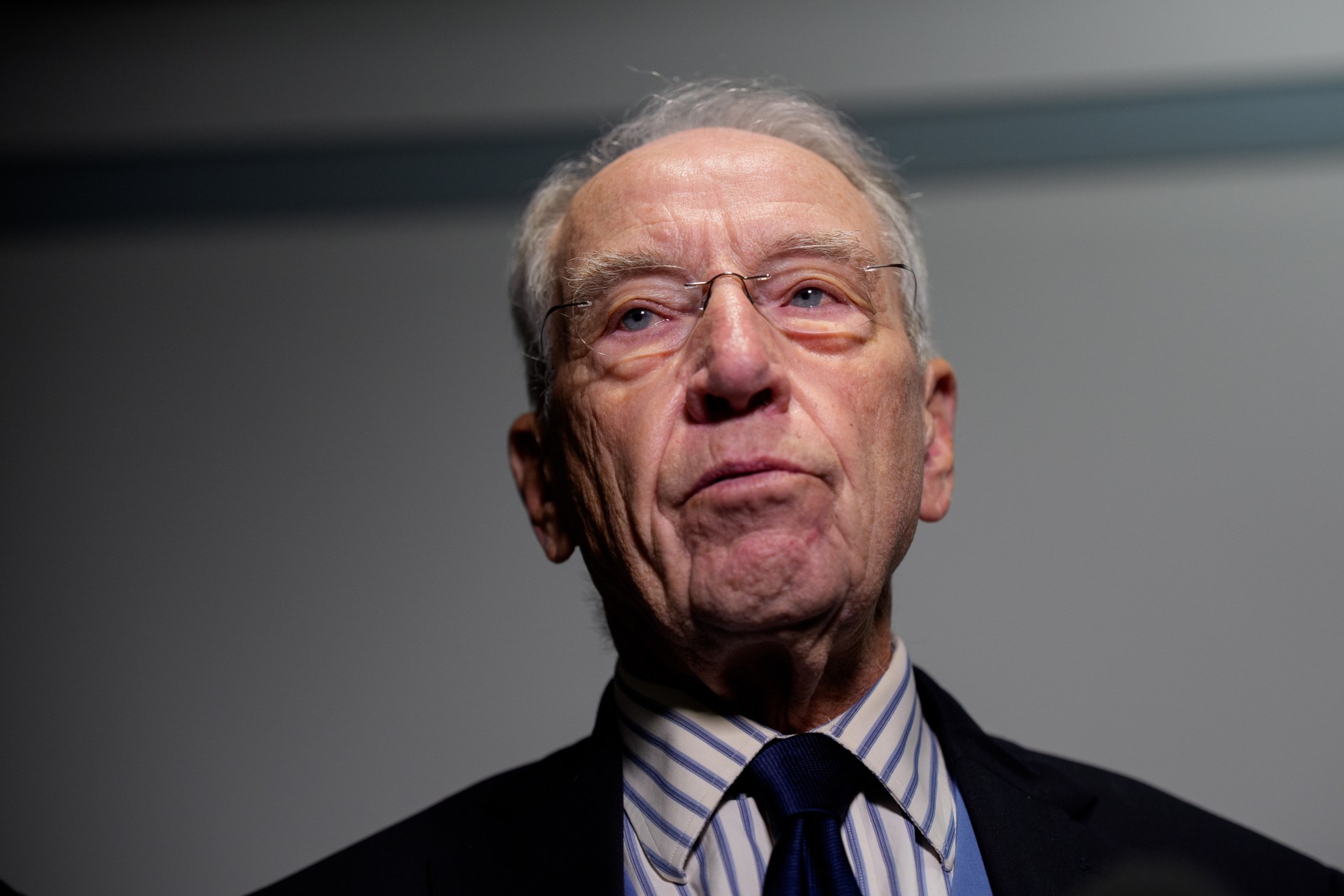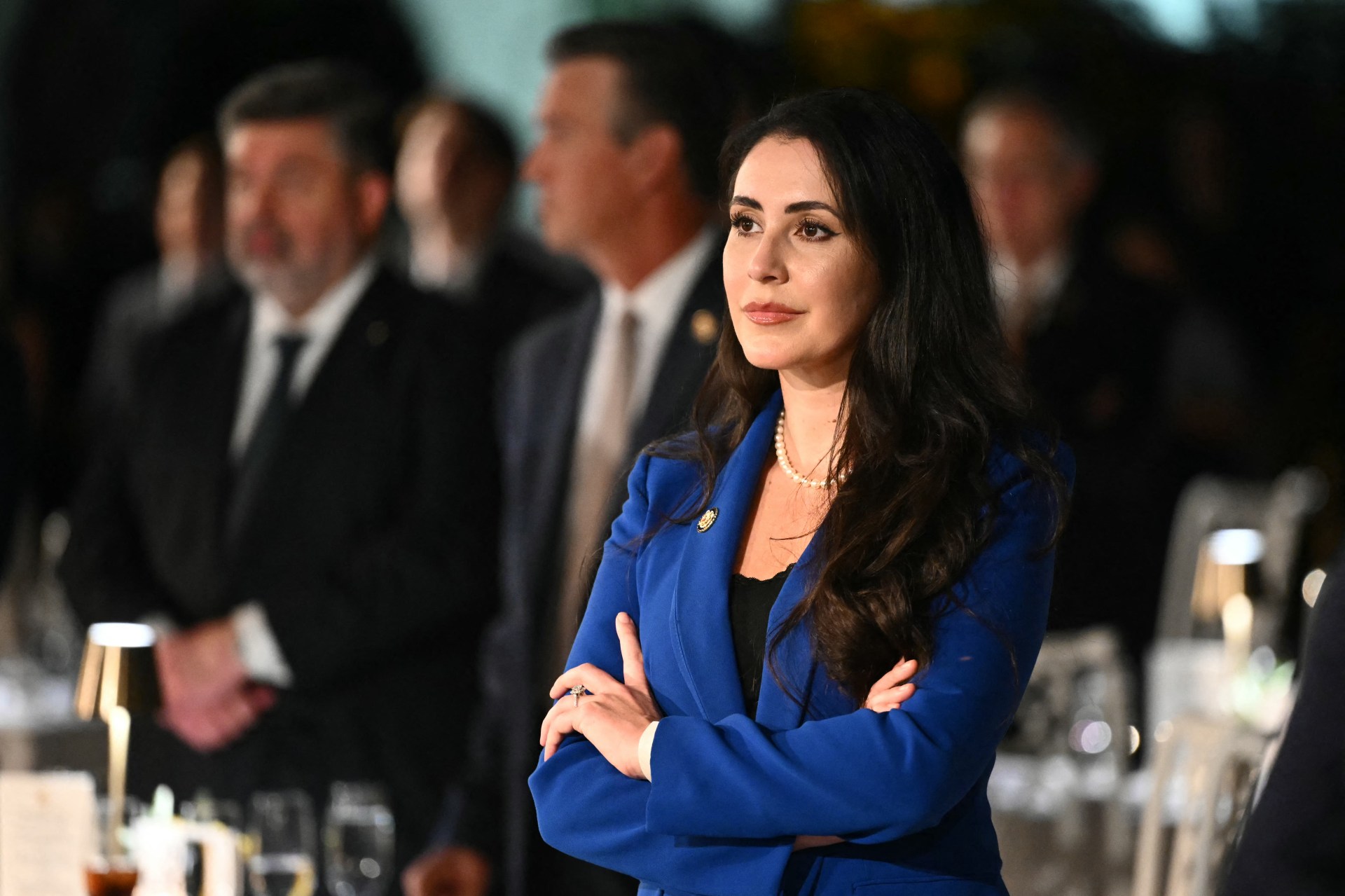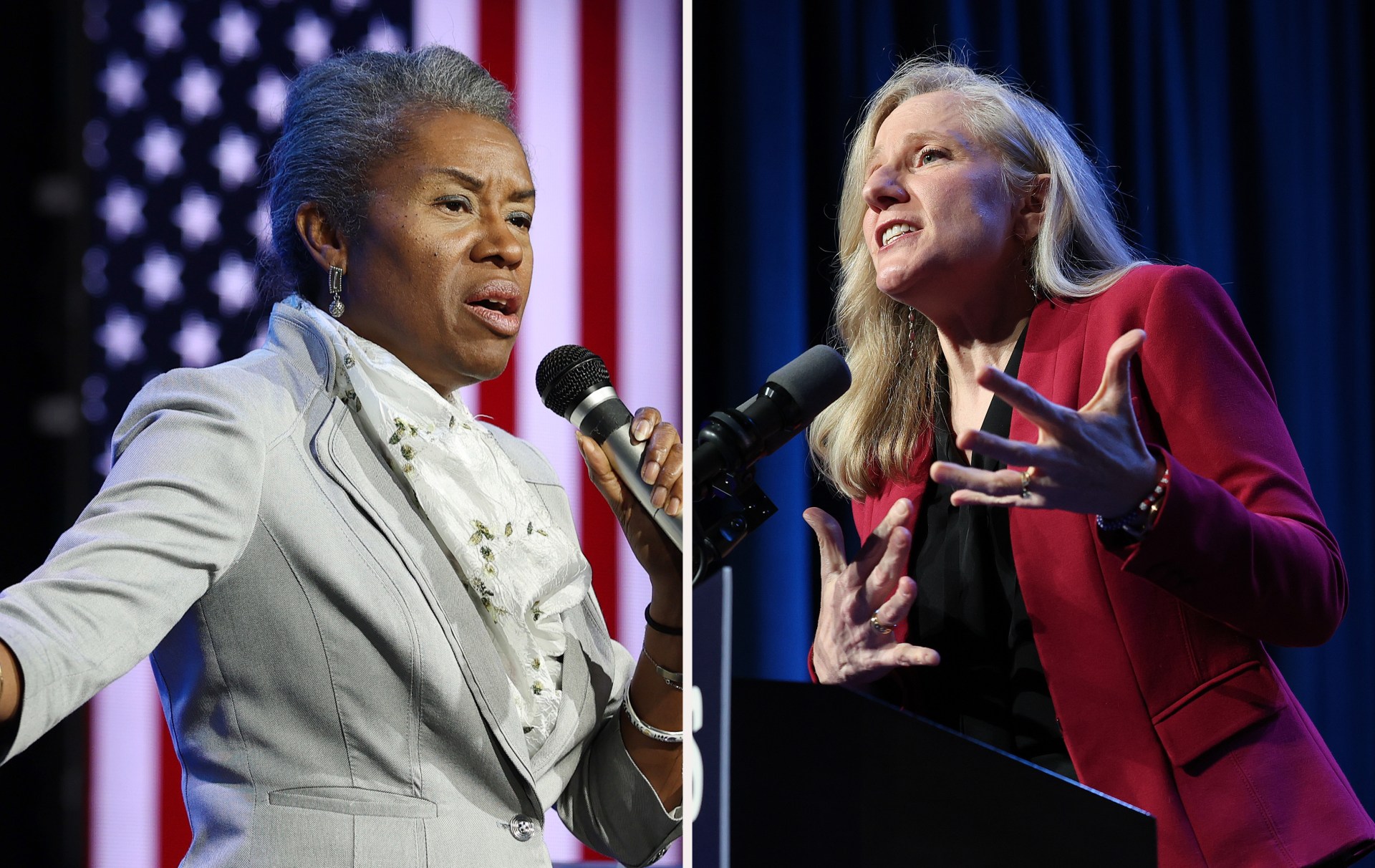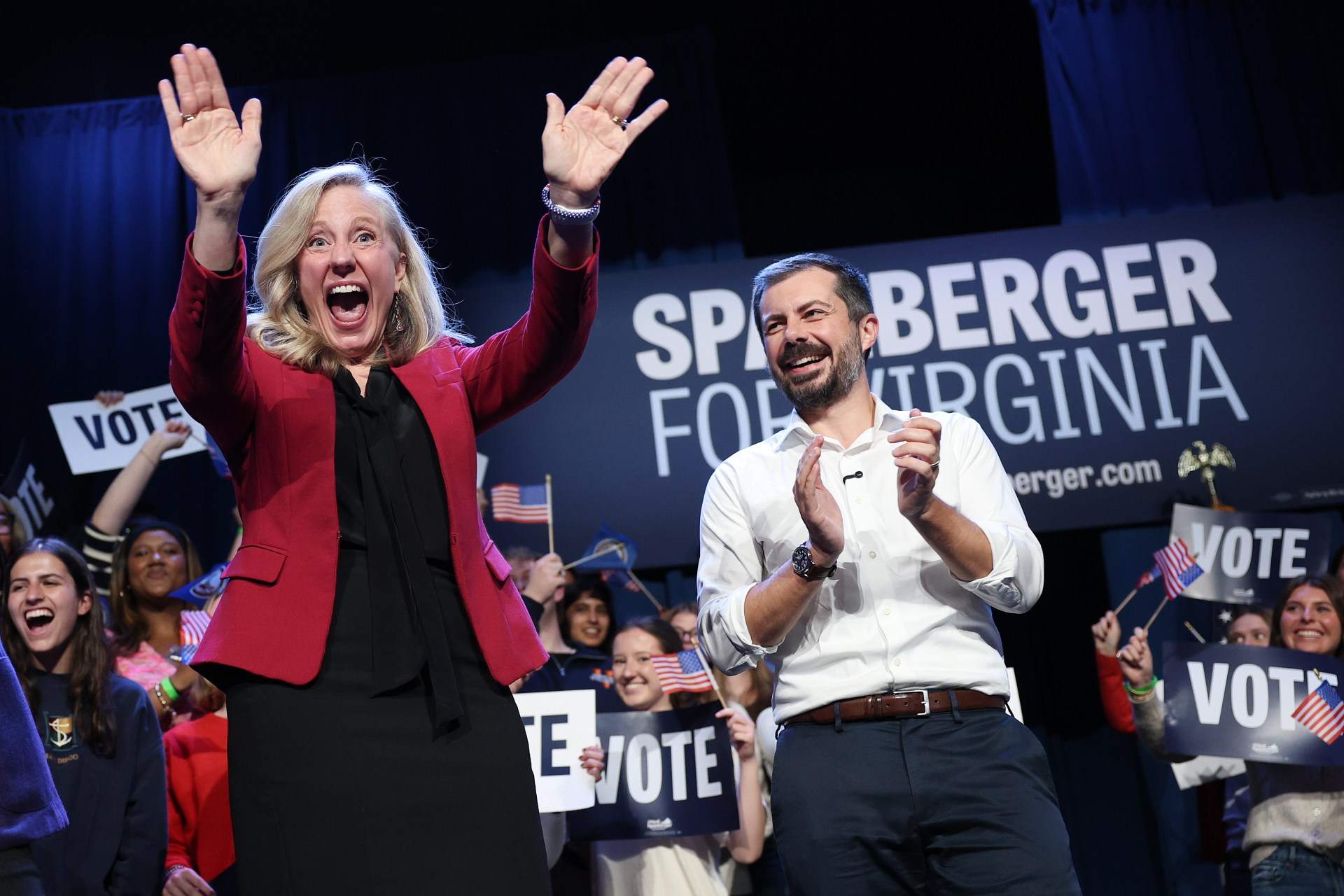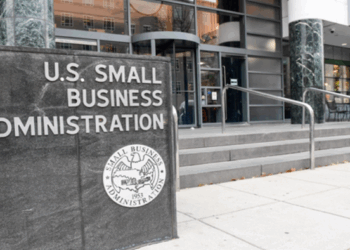Congress and I are on difficult terms right now. The shutdown has made things quite boring up on Capitol Hill, and coverage is kind of difficult, so I’ve decided to take a break this week and do some campaign reporting—namely, on the Virginia gubernatorial elections.
Getting out of Washington, D.C., every so often to cover campaigns is nice. It’s fun to visit places I’ve never seen before and talk to regular Americans. Speaking to ordinary voters is a good reminder that most people out there are well-intentioned folks who want what’s best for the country.
Last night, I was in Fauquier County, Virginia, about an hour away from D.C., for a rally with Lt. Gov. Winsome Earle-Sears. You can read some of my insights on that race in a piece to be published later, but I wanted to share a nice interaction I had with a man there whom I spoke to.
He was a veteran, whose father and son both also served in the military. Tragically, his son committed suicide a few years ago, he told me. A little bit after we finished talking, he came up to me and gave me a coin that he made to commemorate his son’s life. I was touched, and I gladly accepted it.
We’re lucky in America to have people who are committed to the country and willing to endure great sufferings to protect it. There’s really no shortage of such people, and you can find them everywhere. Knowing that they exist no matter how frustrated we get with D.C. is really comforting.
Top Stories From the Dispatch Politics Team
President Donald Trump has repeatedly called on Senate Republicans to eliminate its blue slip practice, which allows senators from the minority party to block judicial appointments such as lower court nominees and U.S. attorneys who hail from their states. The president has argued that Democratic senators are obstructing his nominees, but Senate Judiciary Committee Chairman Sen. Chuck Grassley of Iowa is staunch in his resolve not to take away the century-old tradition. “After a hundred years, why would you do away with it?” he told The Dispatch. “It’s supported by a hundred members of the United States Senate.”
Call her a useful idiot for the modern age. Rep. Anna Paulina Luna’s Instagram story on Sunday documenting her meeting this weekend with a Vladimir Putin ally had all the familiar hallmarks of social-media-influencer content. Luna, who has consistently opposed American aid to Ukraine in its war with Russia, concluded her voiceover: “I hope and I pray for the peace between our nations, that we can all agree and move forward in building a legacy for generations to come.” The only thing that appeared to be missing from Luna’s story was a disclosure that the post was sponsored by the Russian government. Though why would the Kremlin need to sponsor anything? Of her own volition, Luna is perhaps the most anti-Ukraine (or is it pro-Russian?) member of Congress, and it’s really not close.
The downballot race for Virginia’s attorney general would seem to be the kind of relatively low-stakes election that could allow other Democrats to earn some credit for insisting on some minimum standards of character and decency. Why is it so important for Democrats to stand behind Jay Jones—the scandal-plagued candidate for attorney general? “Four years with Jason Miyares would be much worse for the actual people in Commonwealth Virginia, than four years of Jay Jones,” Democratic Rep. Don Beyer of Virginia told The Dispatch. “All those Democratic attorney generals who are suing Donald Trump to get back things have been taken away illegally and unconstitutionally, Jay Jones would be joining those suits. Miyares has not.”
The most fundamental point of the essay I, Pencil by Chris Griswold is that even pencil makers don’t really know how to make a pencil from scratch. They just know how to put together the last few components of the supply chain. The global division of labor is so efficient that people from all over the world can cooperate, without necessarily coordinating, to produce a pencil for pennies. A decade ago, an intrepid YouTuber made a chicken sandwich truly from scratch—controlling (nearly) all of the inputs. It cost him $1,500 and took six months. The sandwich was … fine. Artist Thomas Thwaites spent nine months working nearly full-time to make a toaster from scratch. It cost about 250 times what a conventional, cheap toaster cost. It was also a pretty crappy toaster. In other words, extreme autarky and self-sufficiency is expensive, inefficient, and impoverishing for individuals—and maybe for nations, too.
Independent voters, decisive in midterm elections, have turned on President Donald Trump. But neither are they sold on the Democrats, complicating the minority party’s effort to win control of Congress in 2026. Trump’s ratings with voters unaffiliated with the Democratic and Republican parties are in the tank, according to many public opinion polls stretching back several months—including surveys conducted after the mid-October Gaza ceasefire the president negotiated between Israel and Hamas. That’s good news for Democrats, who are virtually powerless in Washington, D.C. Since at least 2006, the party that romped with independent voters in midterm elections rode a wave of dissatisfaction with the president to control of the House of Representatives, the Senate, or both.
Self-aware, self-deprecating, a little embarrassed by or uncomfortable with the performative aspects of politics—on an individual level, those traits make Abigail Spanberger endearing and relatable, almost normal. But in the reality of modern American politics, they reflect a possible limitation for Spanberger’s brand of staid, eggheady liberalism: Where’s the energy? Where’s the performance? Where’s the confidence?
Enjoying our Dispatch Politics Roundup? Consider forwarding this article to someone you know who likes independent, fact-based journalism.

